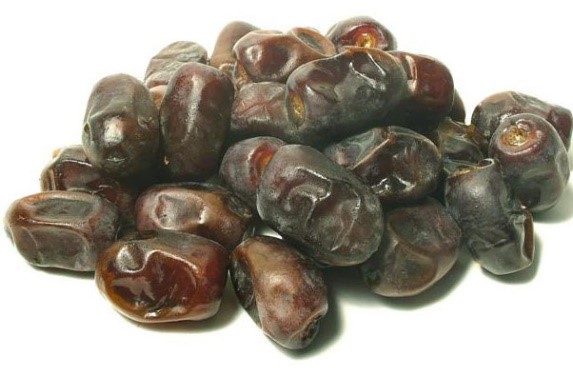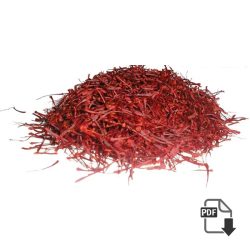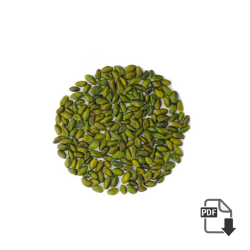A Comprehensive Guide
Introduction to Cumin Seeds
Cumin seeds, known for their distinctive flavor and aroma, play a crucial role in various cuisines around the world. As a staple spice in Indian cooking, cumin seeds enhance the taste of numerous dishes, from curries to bread. India is one of the largest consumers of cumin seeds, making it a significant market for exporters. In this guide, we will explore the opportunities and requirements for cumin seed export to India, ensuring that you can successfully navigate this lucrative market.
Why Export Cumin Seeds to India?
1. High Demand for Cumin Seeds
India is one of the largest consumers of cumin seeds globally, with a growing demand in both domestic and international markets. The spice is not only essential in traditional Indian cooking but is also gaining popularity in other cuisines due to the increasing trend towards ethnic foods. The demand for cumin seeds in India is projected to grow, driven by the rise of the health-conscious consumer and the expanding food industry.
https://www.irandriedfruit.com/cumin-seed-exporters/
2. Health Benefits
Cumin seeds are known for their numerous health benefits, including:
- Digestive Health: Cumin aids in digestion and is often used to treat digestive disorders.
- Rich in Antioxidants: These seeds contain powerful antioxidants that help combat free radicals in the body.
- Boosts Immunity: Cumin has antimicrobial properties that can enhance immune function.
The health benefits associated with cumin seeds make them an attractive product for exporters looking to tap into India’s expanding health food market.
Key Requirements for Cumin Seed Export to India
1. Quality Standards and Certifications
To export cumin seeds to India, it is essential to adhere to the quality standards set by the Food Safety and Standards Authority of India (FSSAI). Ensure that your cumin seeds meet the following criteria:
- Purity: The seeds should be free from foreign materials and contaminants.
- Moisture Content: Proper moisture levels must be maintained to prevent spoilage during transport.
- Pesticide Residue: Ensure compliance with Indian regulations regarding pesticide residues.
Obtaining necessary certifications, such as organic certification, can enhance your product’s marketability.
2. Customs Documentation
Understanding customs regulations and documentation is crucial for a smooth export process. Key documents include:
- Commercial Invoice: Outlines the details of the transaction, including quantity and price.
- Packing List: Details the contents of the shipment for customs clearance.
- Certificate of Origin: Confirms the country of origin of the cumin seeds.
- Phytosanitary Certificate: Verifies that the seeds are free from pests and diseases.
3. Logistics and Transportation
Efficient logistics play a vital role in the export process. Partner with reliable freight forwarders who have experience in transporting spices to ensure timely and safe delivery. Additionally, consider the following factors:
- Packaging: Use airtight and moisture-resistant packaging to preserve the quality of cumin seeds during transit.
- Storage Conditions: Ensure proper storage conditions in warehouses to prevent spoilage.
Strategies for Successful Cumin Seed Exporting
1. Market Research
Conduct thorough market research to understand the specific requirements and preferences of Indian consumers. Identify regions with high demand for cumin seeds and tailor your offerings accordingly.
2. Build Relationships with Local Distributors
Establishing strong relationships with local distributors and wholesalers in India can significantly enhance your market reach. Attend trade shows, food expos, and networking events to connect with potential buyers and industry stakeholders.
3. Stay Updated on Market Trends
Stay informed about the latest trends and developments in the Indian spice market. Understanding consumer preferences and pricing fluctuations can help you make informed decisions and optimize your export strategy.
other products
-
Whole dried apricot Special wholesale price + analysis + sale offer
This variety is very sweet with an orange color. Sulfur is added to whole dried apricots in order to maintain the natural color, prevent bug infestation, and increase preservation.
-
Dried lime Powder
Dried Lime: Producer area: Fars, Hormozgan How to store: Fresh dried lime is in mustard color and sour taste. Dried lime in big size and darker color is the one with high quality. It can be stored in dry place…
-
Dried Prune
Since time immemorial, dried plume has been reputed for its anti-conception properties. However its benefits have gone beyond this. Wishing to lose some weight, we highly recommend you to put dried plume to your diet, either in your food or…
-
Sargol Saffron | most economical saffron for import
Sargol Saffron | most economical saffron for import : sargol saffron consists only of Dark Red Stigma (thread) Tips. So. in other words all the white and orange parts are removed. This saffron is the second most expensive type of…

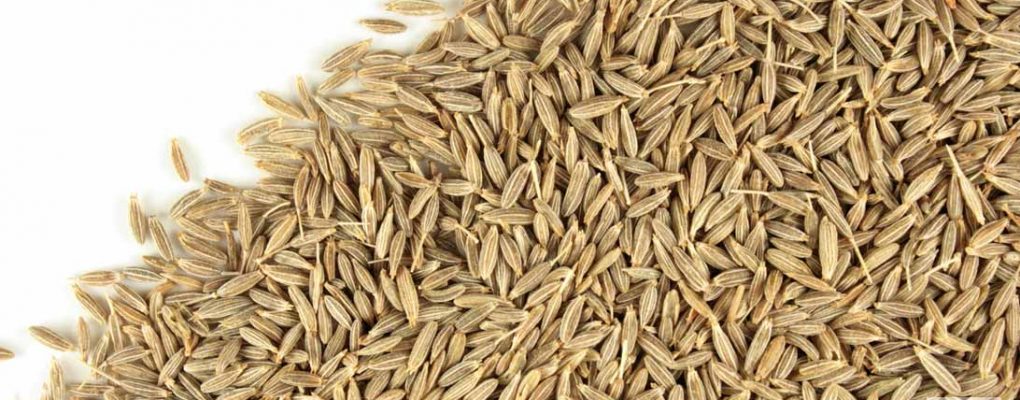
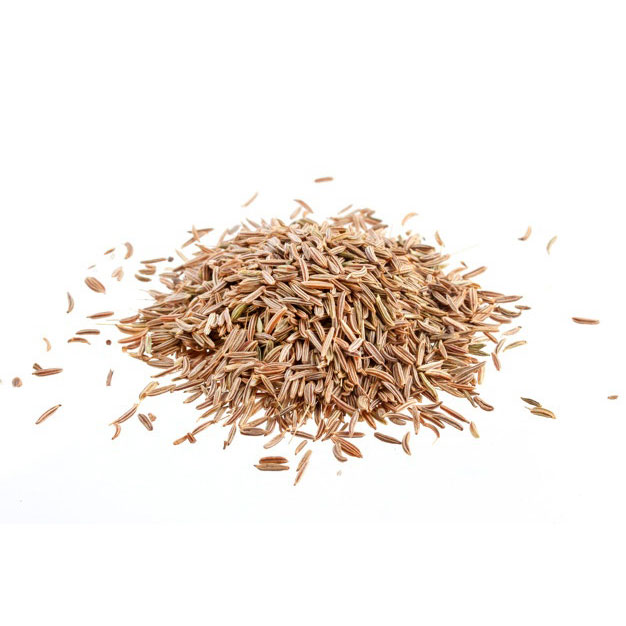

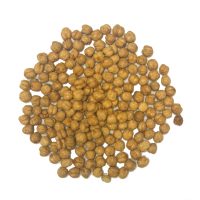

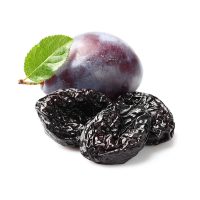
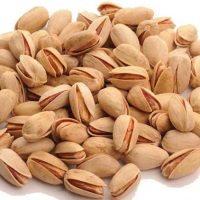
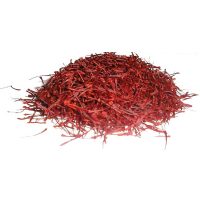
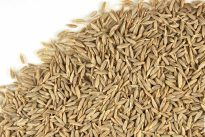
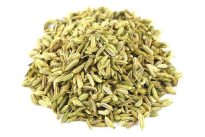
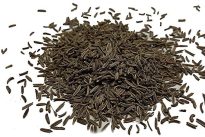

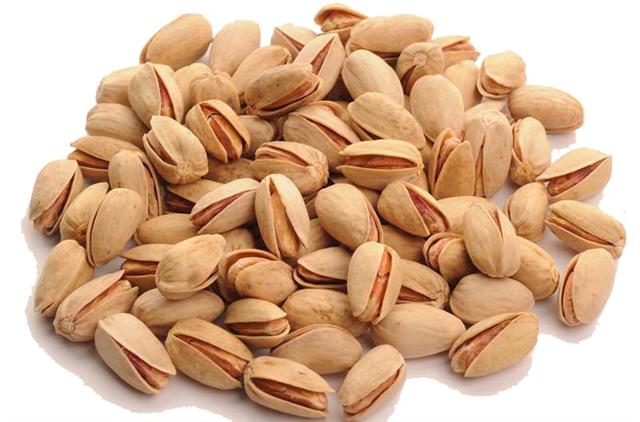
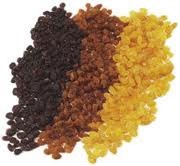 3 kind raisin
3 kind raisin 